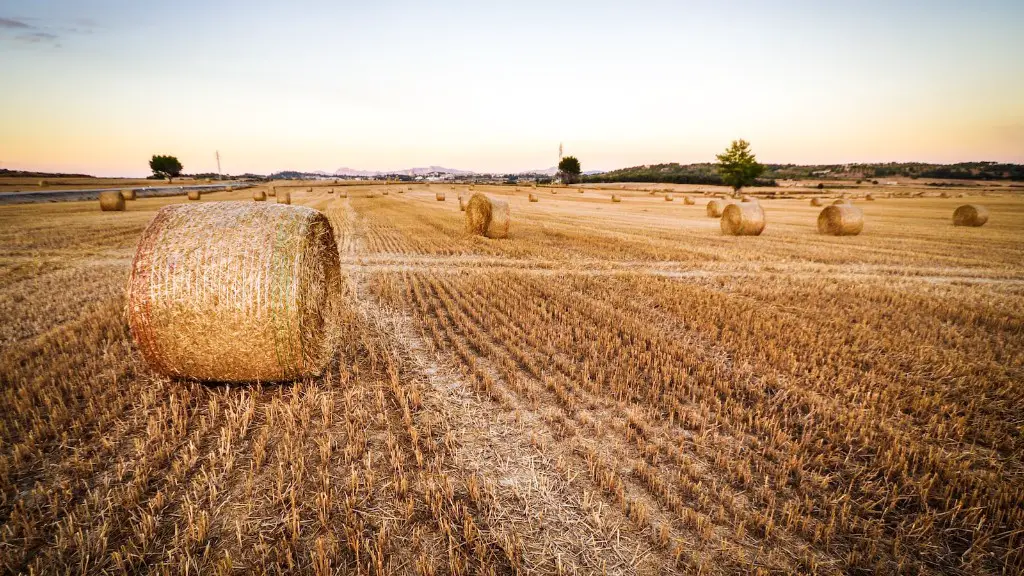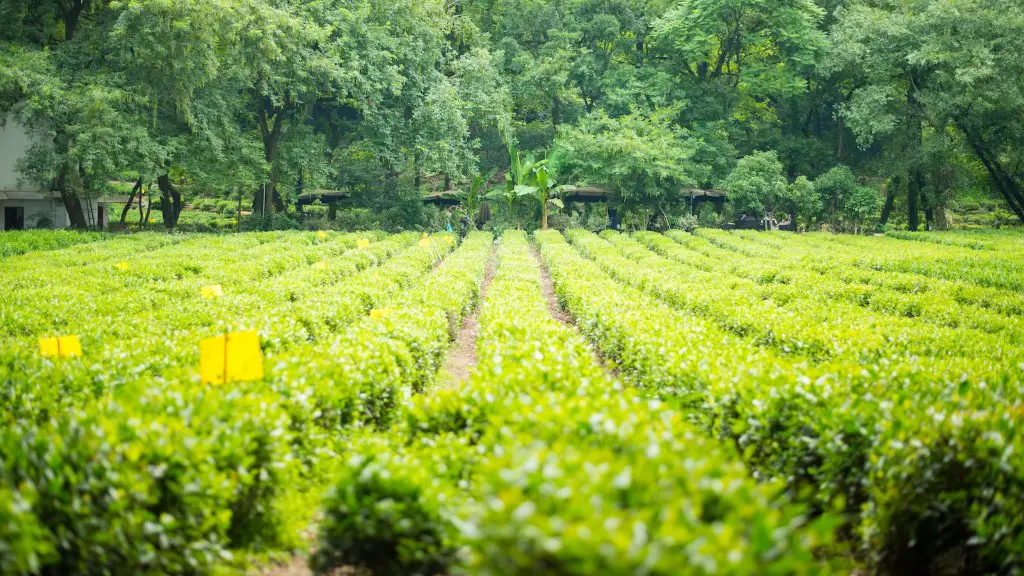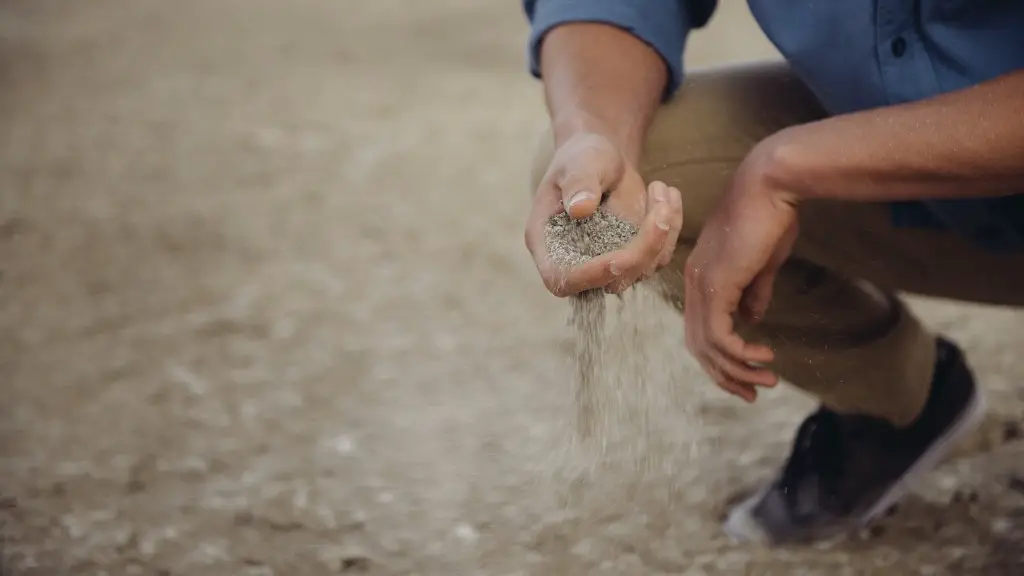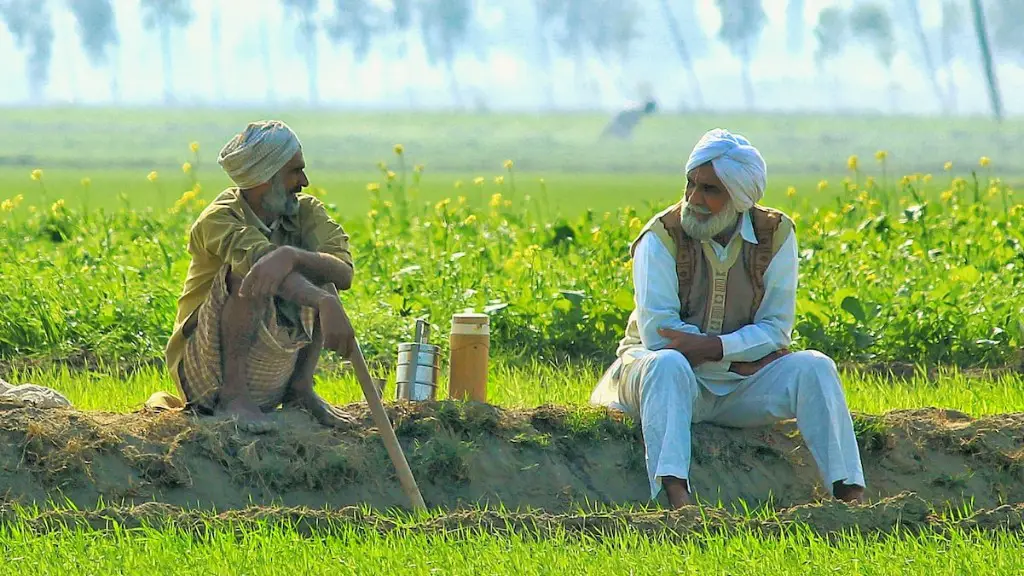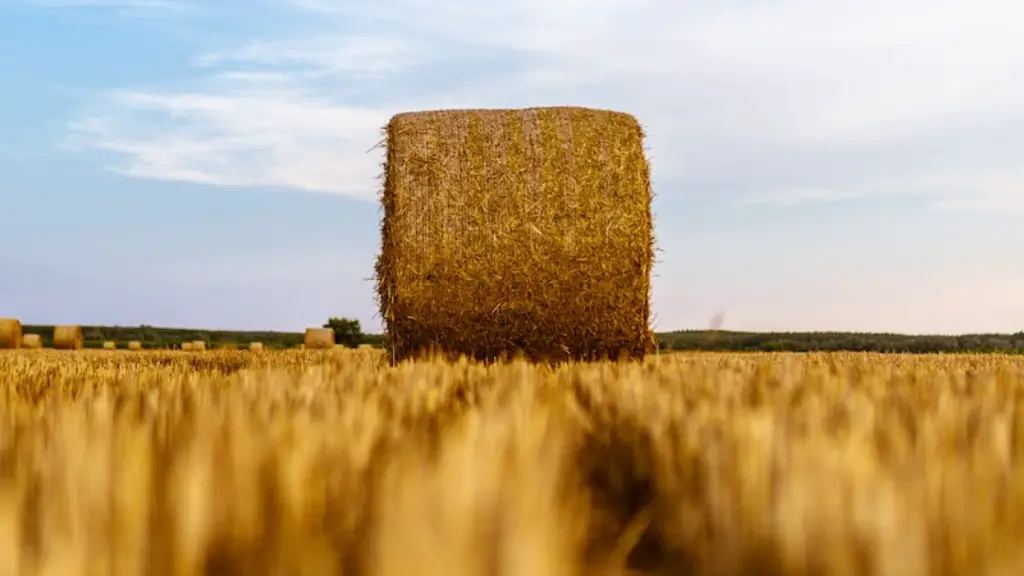Rock weathering is essential for agricultural productivity. It involves the physical and chemical breakdown of rocks, which releasing nutrients that plants need to grow. This process is accelerated by the presence of water, which dissolves minerals and carries them away. Rock weathering also creates soil, the loose material that anchors plant roots and stores water and nutrients.
Rock weathering in agriculture is the process of breaking down rocks into smaller pieces by the action of wind, water, and other agents. This can improve soil fertility and make it easier to cultivate crops.
What is rock weathering?
Weathering is the process of breaking down rocks and minerals on the surface of the earth. Water, acids, salt, plants, animals, and changes in temperature are all agents of weathering and erosion. Once a rock has been broken down, erosion transports the bits of rock and minerals away.
Physical weathering is caused by the physical forces of nature, such as wind, rain, frost, and ice. Chemical weathering is caused by the chemical reactions of substances in the atmosphere, such as acid rain. Biological weathering is caused by the activities of living things, such as plants and animals.
What are the three processes of rock weathering
Weathering is the process of breaking down rocks and minerals into smaller pieces. There are three main types of weathering: mechanical, chemical, and biological.
Mechanical weathering is the process of breaking down rocks and minerals into smaller pieces by physical means, such as freezing and thawing, abrasion, and pressure.
Chemical weathering is the process of breaking down rocks and minerals into smaller pieces by chemical means, such as acid rain and oxidation.
Biological weathering is the process of breaking down rocks and minerals into smaller pieces by living organisms, such as plants and animals.
Rocks tumbling over one another is an example of physical weathering. This often happens in a river, desert or hillside. In chemical weathering the rock disintegrates or even dissolves because a chemical reaction changes the composition of the rock.
How is rock weathered into soil?
Air and water are agents of physical weathering. Windblown on rocks, heavy downpour of rain, water waves from the sea can facilitate a gradual fragmentation of rock particles to sediments which eventually become soil.
Weathering is the process of breaking down big rocks into smaller pieces and sand. Over time, weathering can cause rocks to crumble and break apart. This process can be caused by a variety of factors, including wind, rain, and ice.
Why is weathering important in agriculture?
The success of agricultural pursuits is largely dependent on the weather. Most field crops rely solely on weather conditions to provide the water and energy they need to survive. Livestock are also dependent on the weather for their comfort and food supply.
Weathering is a very important process because it helps to create soil. Soil is necessary for the growth of plants, which provide food and oxygen for animals and humans. Weathering also creates landforms such as mountains, valleys, canyons, and plateaus.
What is chemical weathering in agriculture
Chemical weathering occurs when minerals in rocks react with external agents like air or water. Oxygen oxidizes minerals to alteration products, whereas water can convert minerals to clays or dissolve minerals completely.
There are two types of weathering: mechanical and chemical. Mechanical weathering is the disintegration of rock into smaller and smaller fragments. Frost action is an effective form of mechanical weathering.
What are the three main causes of weathering?
Weathering is one of the most important processes that occur at or near the Earth’s surface. It is caused by the interaction of air, water, and living organisms with rocks and minerals. This process can break down rocks and minerals, and change their physical and chemical properties.
There are two types of weathering: physical and chemical. Physical weathering happens when rock is broken through the force of another substance on the rock, such as ice, running water, wind, rapid heating/cooling, or plant growth. Chemical weathering occurs when reactions between rock and another substance dissolve the rock, causing parts of it to fall away.
What are 5 ways rocks can be weathered
The main agents of mechanical weathering are pressure, temperature, and the freezing/thawing cycle of water. Plant and animal activity can also contribute to mechanical weathering, as well as salt evaporation.
Weathering is a natural process that breaks down the Earth’s surface into smaller pieces. Over time, these pieces are moved by wind, water, ice, plants, and gravity, and eventually deposited somewhere else. Changing temperatures can also cause weathering, as this can cause materials to expand or contract, which can then cause them to break down.
How is weathering of rocks useful to us?
Weathering of rocks and deposits helps in the augmentation and concentrations of some valuable ores of manganese, aluminium, iron, and copper, etc. It means weathering aids erosion, mass wasting and reduction of relief and modifications in landforms are a result of erosion.
Respiration of carbon dioxide by plant roots can lead to the formation of carbonic acid which can chemically attack rocks and sediments and help to turn them into soils. Over time, this process can create new soil from rocks and sediments that were previously unable to support plant life. This is an important process in the cycle of rock and soil formation, and one that is essential for the health of many ecosystems.
Warp Up
The process of breaking down rocks, soil, and minerals into smaller pieces is called weathering. The most common type of weathering is physical weathering, which includes the action of wind, water, and ice on rocks and minerals. However, chemical weathering, in which rocks and minerals are dissolved or changed into new substances by chemical reactions, can also be important. Agricultural weathering is the process of breaking down rocks and minerals into smaller pieces using farming methods such as plowing, tilling, and harvesting. This type of weathering is important because it helps to create soils that are rich in nutrients and able to support plant growth.
Rock weathering is the process in which rocks are broken down by the action of water, wind, and ice. Over time, this process can result in the formation of new soil that is richer in nutrients and better able to support plant growth. In agriculture, this process can be harnessed to improve the fertility of farmland and increase crop yields.
